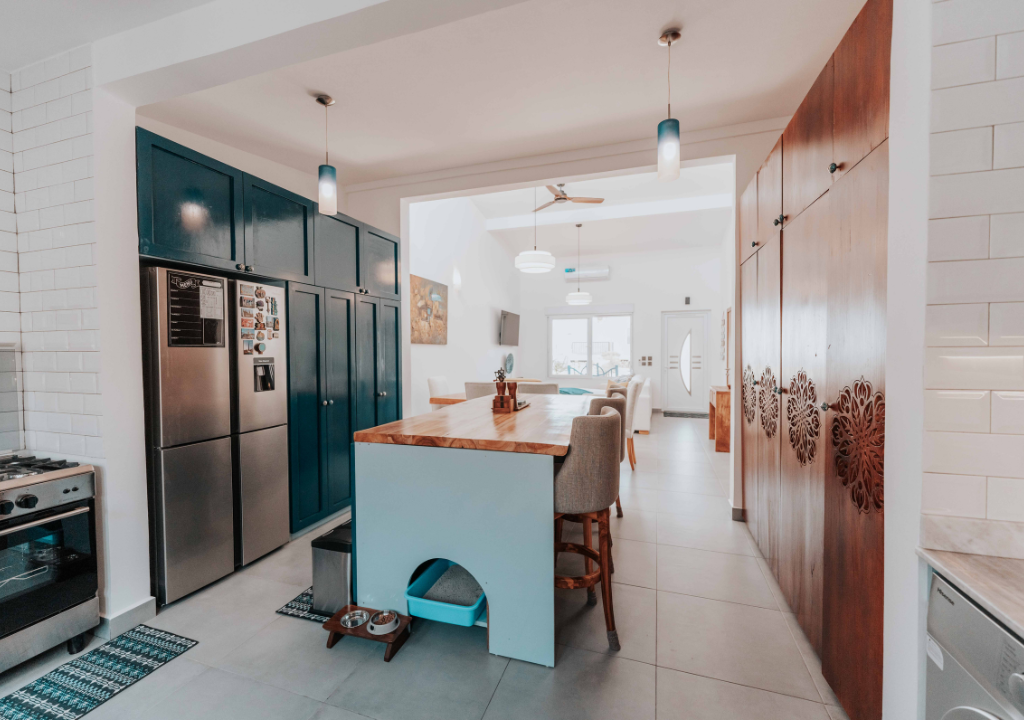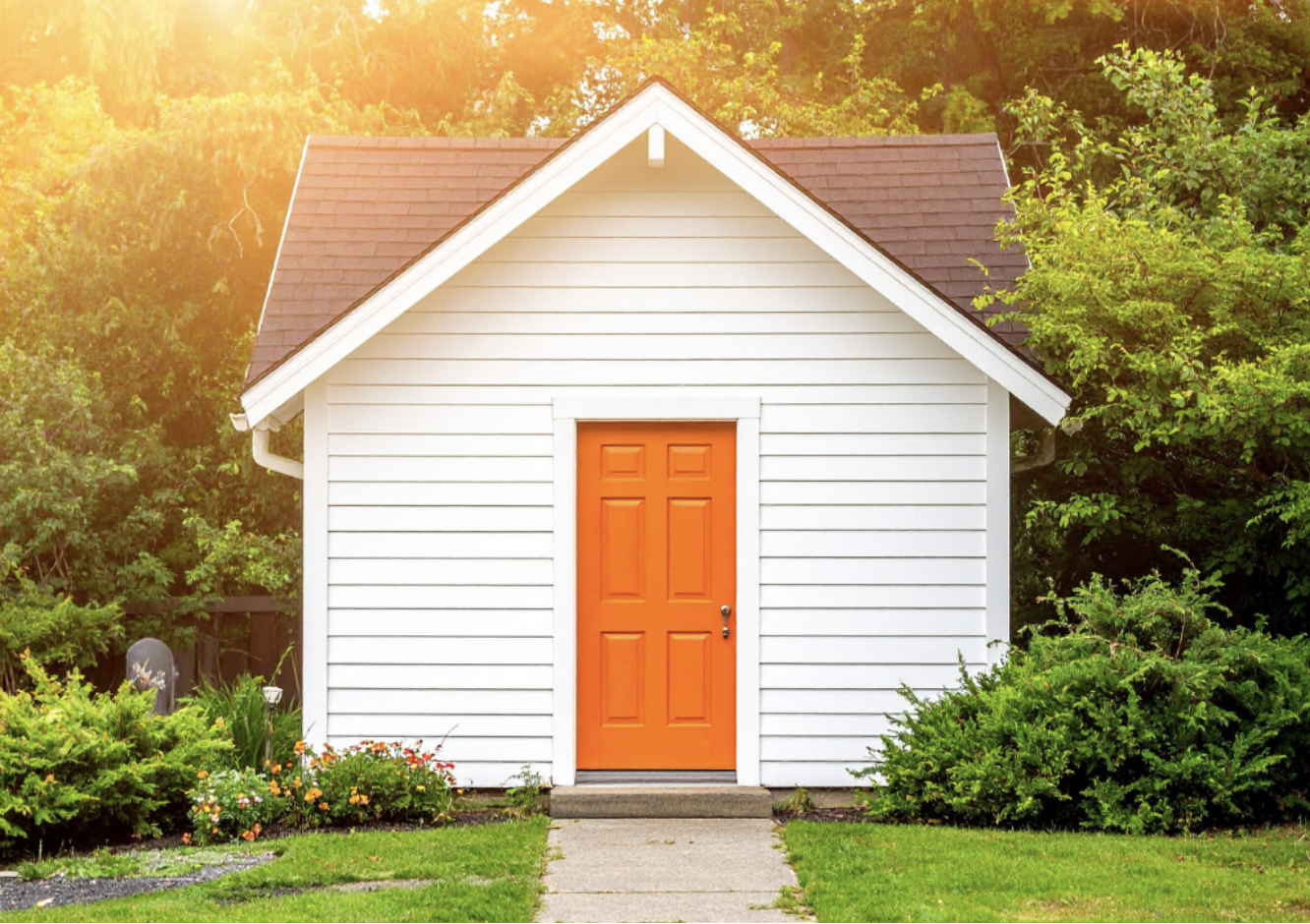First of all, fixed home equity rates for Portland ADU loans are generally between 7.5% and 8.5%. However, for investors, private money or bridge loans can range from 6% to 12%. Therefore, homeowners should check several things. These include their current home equity and credit score. They should also consider the project timeline.
When homeowners choose Gather ADU, they get expert help. This guidance covers planning, permits, construction, and loan selection. Specifically, our team explains all financing options clearly. We also clarify expected costs and budgeting strategies. As a result, homeowners can plan their ADU projects with confidence. This reduces uncertainty.
How Interest Rate Trends Are Shaping Portland’s ADU Financing Options?
First of all, rising interest rates are making traditional ADU financing costlier. This is especially true for cash-out refinancing. Therefore, Portland homeowners are looking at other choices. They are turning to construction loans. They are also using renovation loans. Furthermore, many explore the city's 0% interest ADU Loan Program.
In addition, interest rate trends have led to more draw-based financing. These options allow you to pay only the interest during construction. Later, they change into long-term mortgages. Many owners like these structures. This is because they reduce financial pressure at the start. Finally, keeping track of rate forecasts is important.
What Typical ADU Loan Rates Can Portland Homeowners Expect in 2025?
To start, Portland ADU construction loan rates generally range from 6.5% to 8.0%. Meanwhile, construction or renovation loans are between 6.25% and 9.75%. The exact rate depends on your lender and credit score. Furthermore, homeowners might qualify for a city loan. This is a 0% interest loan up to $80,000. It is secured by a lien on the property
Overall, current rates are higher than the past low rates. However, they are still fine for people with good credit. Fixed-rate loans offer payments that stay the same. Conversely, variable-rate options might be better for short-term borrowing. Therefore, understanding these trends helps homeowners. It allows them to budget correctly and compare loan types.

Which Loan Structures Work Best for ADU Projects Now?
First of all, the best loan for an ADU depends on several things. These include a homeowner's home equity and current mortgage rate. It also depends on the size of the project. Common options, therefore, include HELOCs (Home Equity Lines of Credit). Also, there is cash-out refinancing. Finally, specialized construction loans are available. Ultimately, choosing the right loan ensures payments are manageable. The most effective loan structures for Portland ADU projects include:
- Home-equity loans or HELOCs tapping existing equity
- Construction-to-permanent loans convert after construction
- Cash-out refinancing for homeowners with significant equity
First of all, these loan structures simplify financing. They also reduce the overall cost. Furthermore, they provide predictable monthly payments after the building is finished. In addition, they fit different project sizes and timelines. This makes them good for both small and large ADU builds. Ultimately, using the right type of loan reduces stress.

How Much Down Payment and Equity Do Portland ADU Loans Typically Require?
First, down payments for Portland ADU loans change based on the loan type. Traditional mortgages usually require 3-10% down. However, private or renovation loans may need 10-30% or more. Furthermore, equity-focused loans need enough home equity. These loans often limit financing to 80-90% of the home's value. This value is calculated after the ADU is finished.
In addition, homeowners should plan for cash reserves. This extra cash is for unexpected costs or rate changes. Lenders also check debt-to-income ratios. They also review your equity position. Therefore, preparing your finances early is necessary. Finally, meeting these requirements can make the approval faster. It also reduces delays for Portland ADU projects.
What Additional Costs Should Homeowners Anticipate Beyond Interest Rates?
Beyond interest, homeowners must plan for ongoing expenses. These include property taxes, insurance, and utilities. Also, consider possible costs like PMI, HOA fees, and maintenance. Furthermore, upfront expenses need a budget. These cover closing costs and moving fees. Accounting for all these items ensures a realistic financial plan.
In addition, unexpected expenses often arise. For example, costs for grading, retaining walls, or utility extensions may arise. This is especially true for challenging lots. Therefore, homeowners who account for these costs early reduce financial stress. Ultimately, detailed cost projections ensure a smoother build. They also allow for an accurate assessment of the total investment and expected ADU profit.

Smart Financing Starts Here with Gather ADU
First of all, financing an ADU in Portland in 2025 is more difficult. This is due to higher interest rates. Also, loan products are constantly changing. Furthermore, construction costs are rising. Consequently, many homeowners feel unsure about budgeting. They also worry about timing and their expected return on investment (ROI).
Gather ADU simplifies your entire financing journey. We connect you with the right lenders. We also project your costs based on current rates. Furthermore, we create a plan that fits your ADU timeline and goals. Ultimately, our team provides clarity and confidence. We offer actionable guidance for Portland homeowners.
FAQs
What’s the lowest interest rate I can expect for an ADU loan in Portland?
Currently, the lowest ADU loan rates in Portland start around 6.375% APR. These low rates are found with conventional construction loans. However, they are only for well-qualified borrowers. Furthermore, home equity loans (HELOCs and fixed-rate) are available. These typically range from about 6.99% to 11.10% APR.
Can I use a HELOC to finance my ADU, and what are the risks?
Yes, a Home Equity Line of Credit (HELOC) can finance an ADU. It is popular for its flexibility. It also offers potentially lower rates. However, risks exist. For example, your home is used as collateral. Also, interest rates can increase because they are variable. Furthermore, there is the risk of overspending.
Is a construction-to-permanent loan always best for ADU builds?
No, construction-to-permanent loans do simplify financing. However, they often require higher down payments. They also demand stricter qualifications. Conversely, for smaller projects or phased building, other options are better. For example, home equity loans or HELOCs may be more practical.
Will higher interest rates make my ADU project unprofitable?
It is true that higher rates increase your monthly loan payments. However, this does not necessarily stop profitability. Many homeowners successfully cover these higher costs. They do this through rental income. They also benefit from property value gains. Therefore, proper budgeting is crucial. So is conservative loan selection.
How will rising interest rates affect refinancing or cash-out for ADU builds?
It is true that rising rates can make cash-out refinancing less appealing. This happens if your current mortgage has a very low rate. Therefore, using home-equity loans or HELOCs may be a better choice. To decide, comparing several factors is essential.




